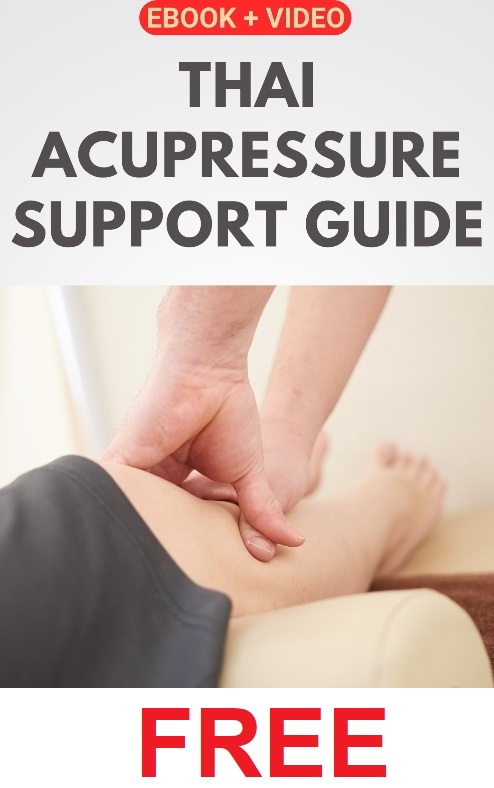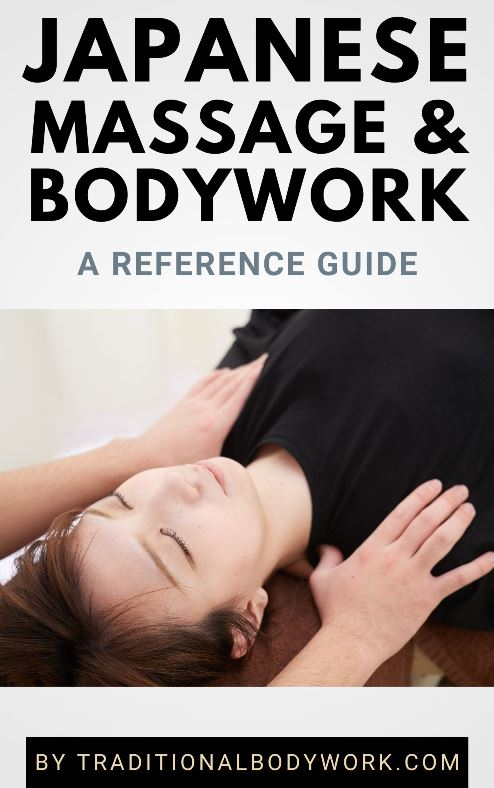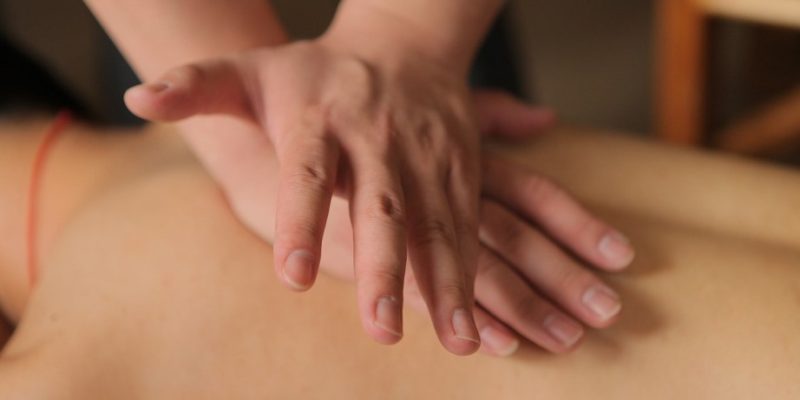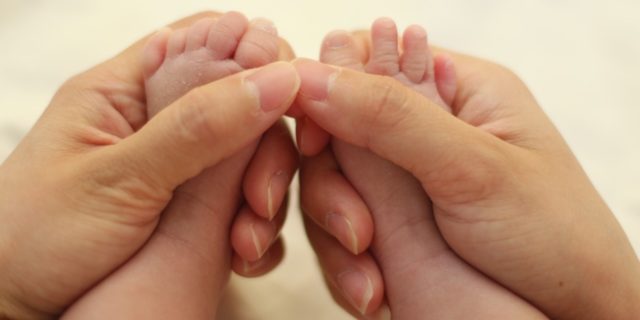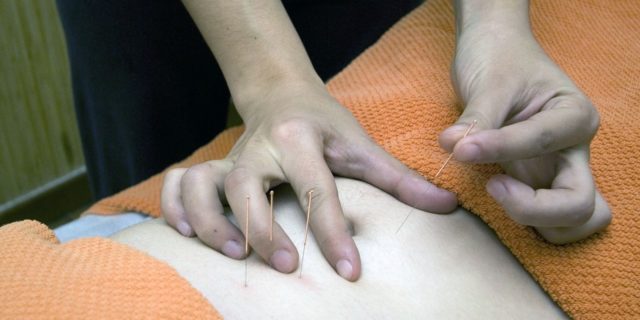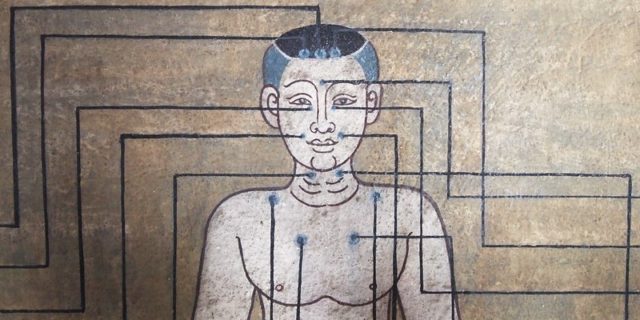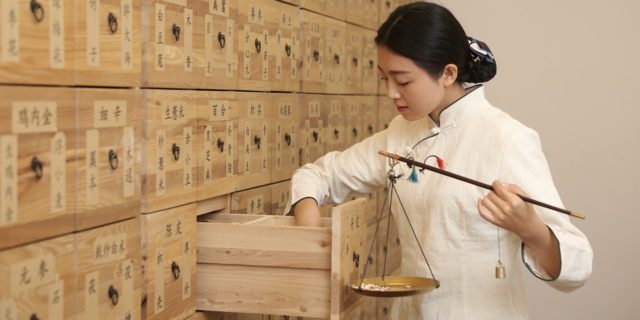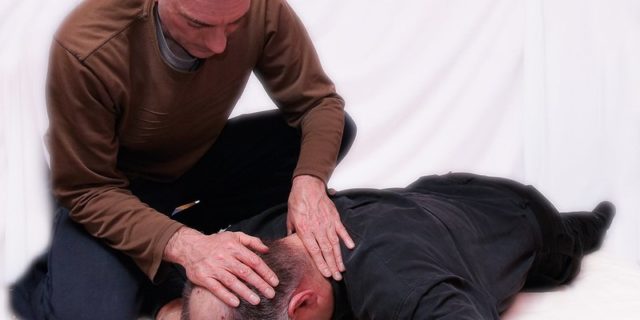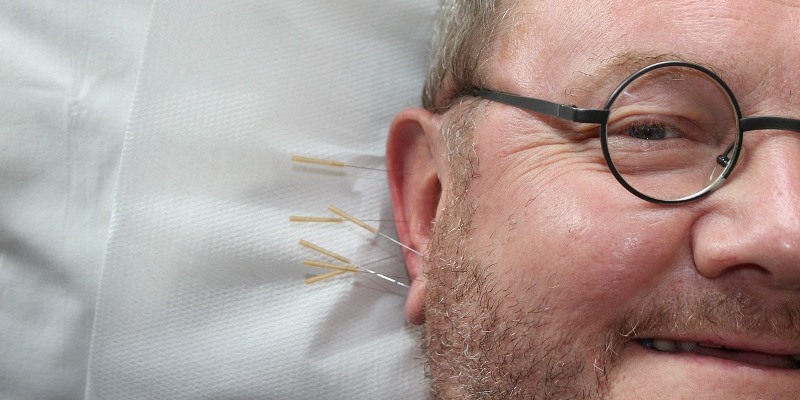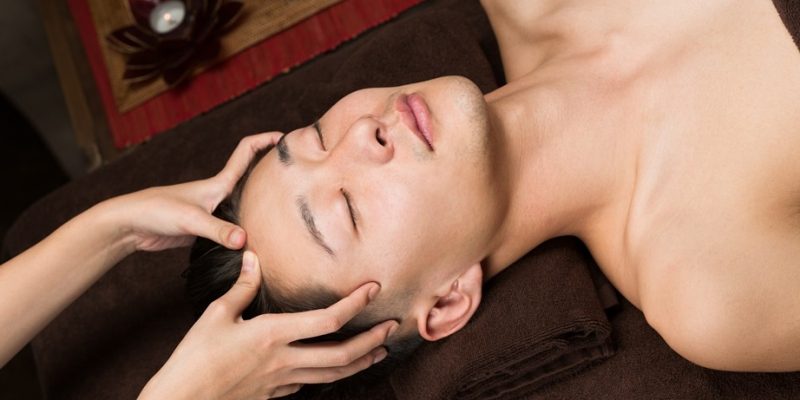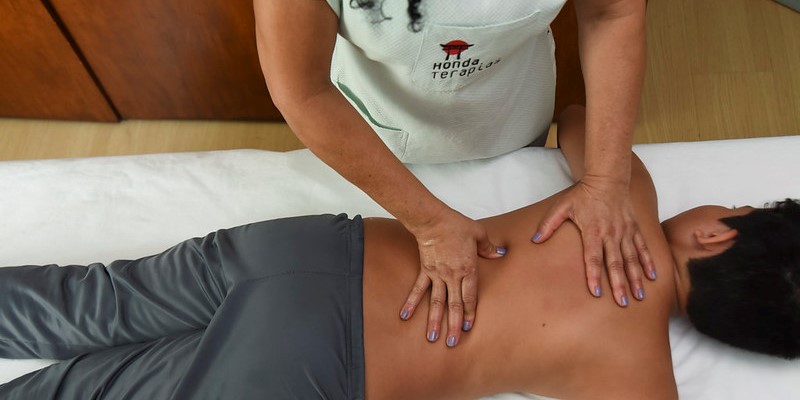
Acupressure is a massage therapy technique used in Traditional Chinese Medicine (TCM) that involves applying firm pressure on certain well-defined pressure points i.e. Acupoints of the body.
It’s usually applied with the fingers, notably with the thumbs, but it can also be given with other parts of the body, like with the elbows, feet, or knees, to name some examples. Specific massage tools may also be used, such as wooden sticks, stones, herbal compresses, and such.
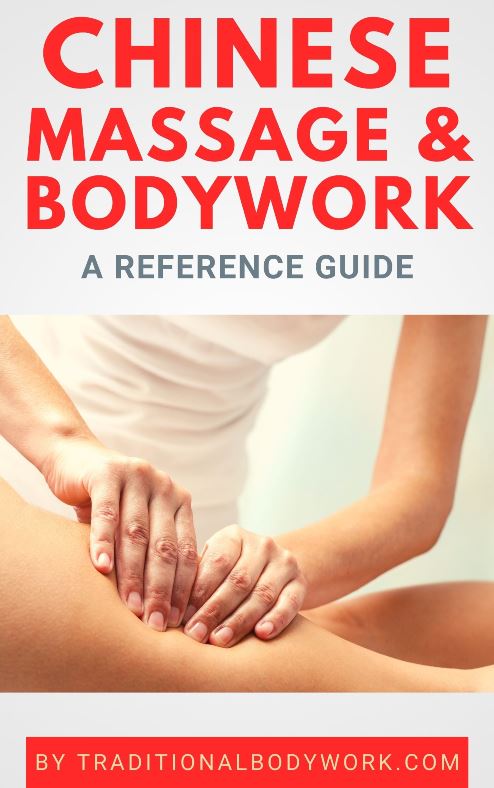
It’s generally thought that Acupressure techniques originated in China, but it has also been widely used in other ancient cultures, for thousands of years, such as in India. In fact, when we take a closer look at the history and development of Acupressure, the technique may even have been brought to China by Indians.
In China, Acupressure techniques are based on TCM theories and used to mobilize Qi Life Force via/at specific locations on/in the body. These locations are called acupoints or acupressure points. Additionally, Acupressure is a technique specifically used in Reflexology.
The Acupoints are thought to be physical locations along the so-called Meridians, manipulated to release blocked or congested energy and energy centers, as such promoting the free flow of Qi in order to promote internal and external balance, health, and overall well-being.
Acupressure should not be confused with Acupuncture, the latter based on the same principles but using needles which are inserted at acupoints into the Meridians to remove Qi blockages.
Acupressure can be used at any moment during a TCM treatment but the typical application is more likely within one of the Chinese Massage therapies, such as Tui Na, Dian Xue, An Mo, or Foot Massage.


